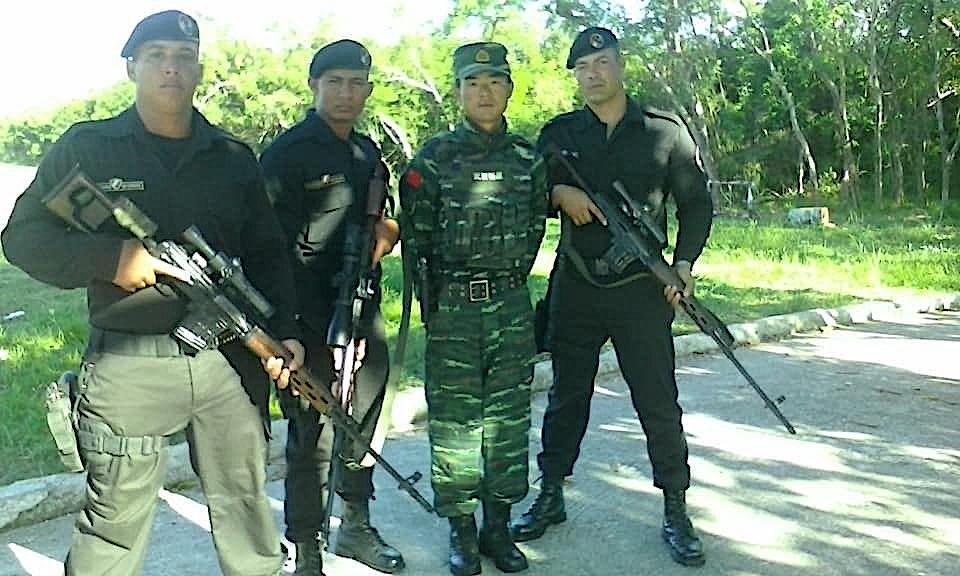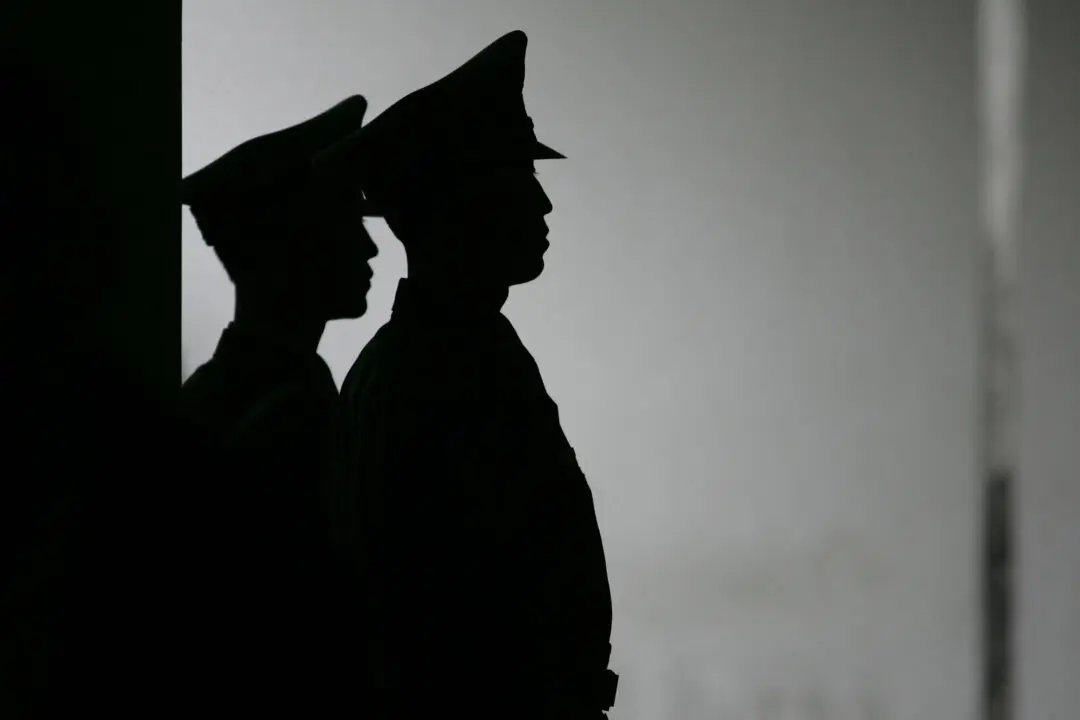Cuban military and police forces responsible for clamping down on demonstrators have received “counter-terrorism” training from Chinese paramilitary, reports from Chinese state media show.
Rare anti-government protests erupted around the island in July as citizens took to the streets calling for greater freedoms and better living conditions. While nearly two dozen countries worldwide have voiced support for the protesters, the ruling communist regime has responded by launching a violent repression, actions supported by Beijing.





